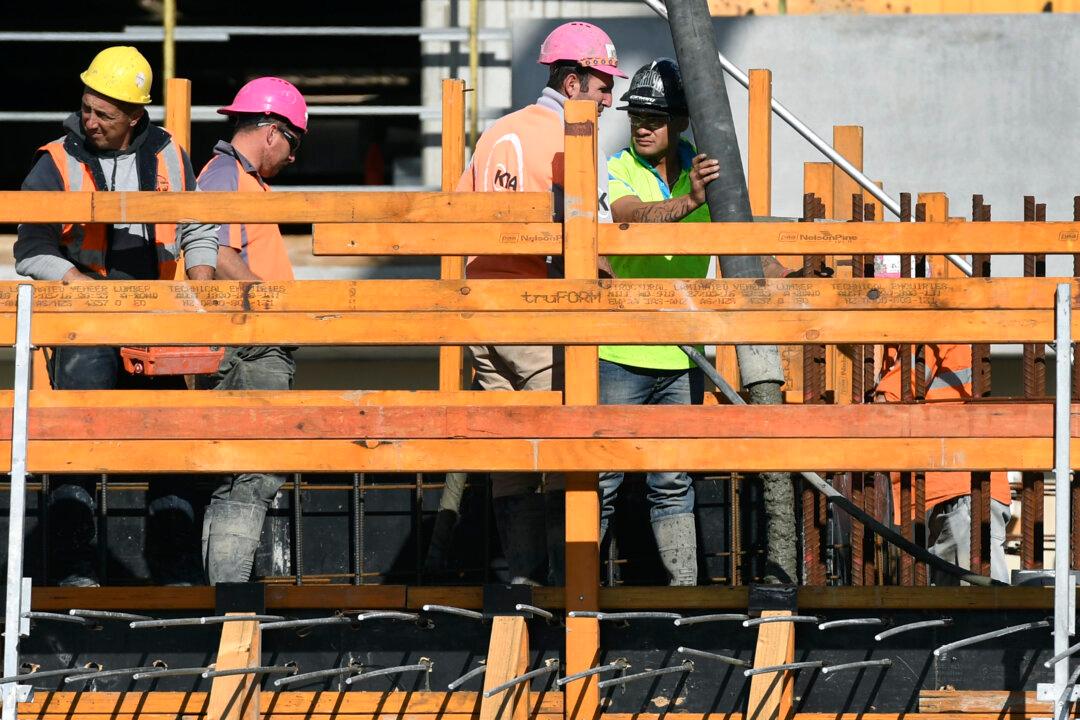Apartment owners in New South Wales (NSW) will have unprecedented protections against defective buildings from Sept. 1, with the state’s landmark Residential Apartment Buildings Act 2020 coming into effect as part of its sweeping reforms aiming to rebuild confidence in the residential construction industry.
Under the Act NSW’s first building commissioner David Chandler OAM will be able to wield broad-ranging investigative powers to prevent defective residential buildings being built and allotted to consumers.





